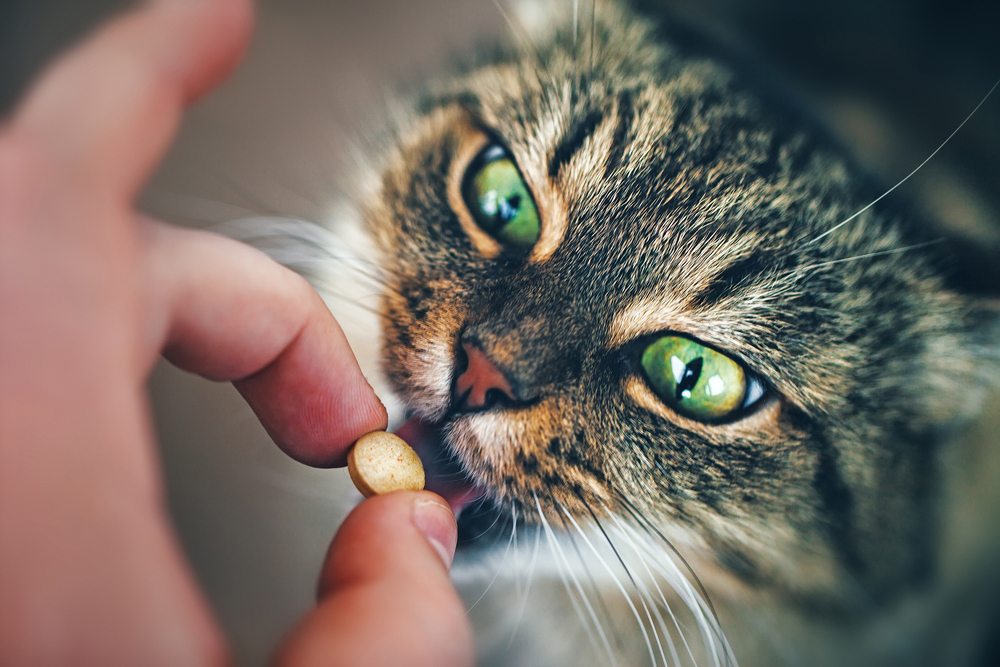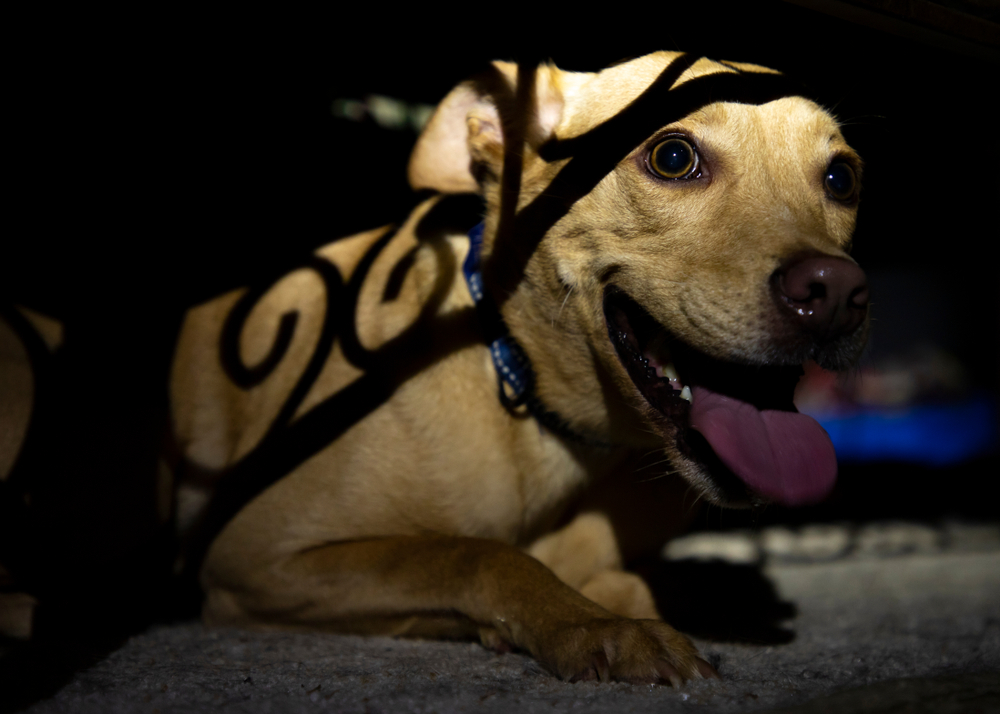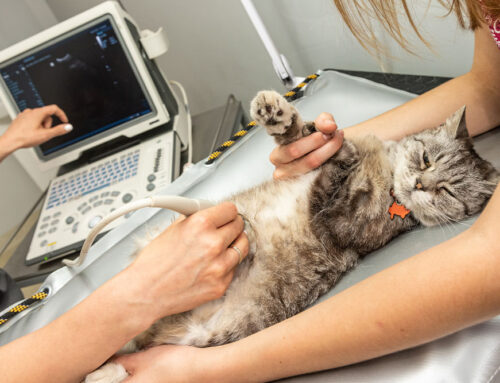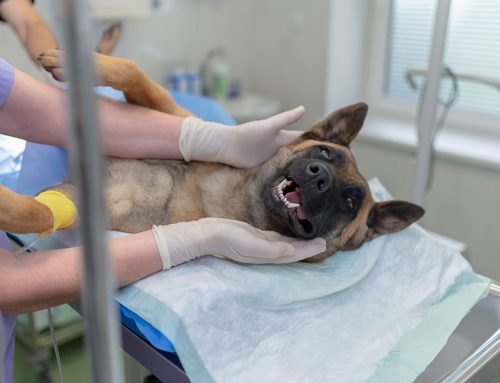Your pet’s heightened hearing may be useful for hunting in the wild, but as a house pet, that extra sense can lead to noise aversion. Few pets appreciate loud noises, and many are easily startled, or frightened, when faced with a clamorous boom, bang, or bellow. If you don’t take steps to soothe your pet’s aversion, that brief wince during a thunderclap can turn into a full-blown storm phobia.
What are the signs of noise aversion and phobia in pets?
Noise aversion, manifested as fear and anxiety during thunderstorms, fireworks, construction, and heavy traffic, affects more than one-third of dogs in the United States. If a pet’s noise aversion develops into a phobia, the extreme stress caused by loud noises can damage nerve cells and change brain function, in addition to the physical anxiety signs. Warning signs that your pet is suffering from a noise aversion or phobia include:
- Excessive panting
- Trembling
- Hiding
- Clinging to owner
- Digging or chewing
- Attempting to escape from confinement
- Urination or defecation
- Excessive drooling
- Aggression
- Vocalization, such as barking or howling
Since chronic stress and anxiety create permanent brain changes, the sooner your pet’s noise aversion is managed, the better. At the first sign of panting, clinging, or trembling after a loud noise, contact Burlington Veterinary Clinic, so we can help your furry pal find relief from her fear.
How can you help your pet cope with noise aversion at home?
For pets who have mild noise aversions, you can take many steps at home to help reduce her anxiety, before it escalates into a full-blown panic attack that requires veterinary intervention. Your four-legged friend may dissolve into a quivering mass of nerves at the first spring storm thunderclap, but the following methods can help soothe her anxiety:
- Create a storm bunker for your pet — During stressful times like storms or firework-studded celebrations, your pet is likely to seek out a safe—often small—place, such as her crate, the back of your closet, or the bathtub. Create a cozy bunker where your pet can ride out the storm by decking out her favorite safe spot with a warm bed, food puzzles, and long-lasting or interactive treats. You can also play music, switch on the TV, or turn on a fan, to help drown out loud sounds.
- Desensitize and counter condition your pet to loud noises — To help your pet handle her anxiety during booming noises, play her loud sounds at a low volume, with gradual increases as she becomes comfortable. Ease her fear by offering treats and other rewards, such as petting or play, for calm behavior when confronted with scary sounds.
- Apply a pressure wrap to your pet — Swaddle your pet in a garment designed to relieve anxiety by hitting key pressure points. The Thundershirt is a popular option for dogs and cats, with a higher than 80% success rate, and a money-back guarantee.
- Enlist pheromone therapy to soothe your pet — Calming pheromones are species-specific, so if you own a cat and a dog who suffer from noise aversion, invest in Feliway and Adaptil products to give them comfort. These synthetic pheromones come in a variety of forms, including diffusers, collars, wipes, and sprays.
For the most success, begin these at-home steps for easing noise aversions and phobias at your pet’s first hint of anxiety, or pair them with veterinary help for severe cases.
How can Burlington Veterinary Center help your pet manage noise aversion?
Once you notice your pet is signaling stress during a thunderstorm or other deafening event, schedule a behavioral consultation with our team.

- Medications — For pets suffering from stress and fear, a wide range of anxiety-relieving medications can help calm pets, without sedating them. When beginning an anti-anxiety medication, finding the perfect dose, or combination of medications, may require trial and error, so a trial before an actual anxiety-inducing event is key.
- Supplements — While supplements are often not potent enough for severe noise-aversion cases, they work well in conjunction with medications, and behavioral and environmental modification at home. Pets who experience only mild anxiety during loud events can benefit from the use of calming supplements alone. Before beginning a supplement regimen for your pet, speak with us about potential reactions with medications.
When managing your pet’s storm fear or noise aversion, don’t become discouraged if you don’t notice an immediate resolution. If her anxiety over loud noises has been developing for a while, a multi-modal treatment plan will require time to completely change her mindset. But, with continuing management, and rewards for each small victory, your furry pal will progress, and will soon not twitch an ear at the first spring storm thunderclap.
Does your furry pal turn into a trembling wreck at the first hint of thunder? If your pet becomes anxious and stressed with loud noises, schedule an appointment with our team, to relieve her fear.







Leave A Comment